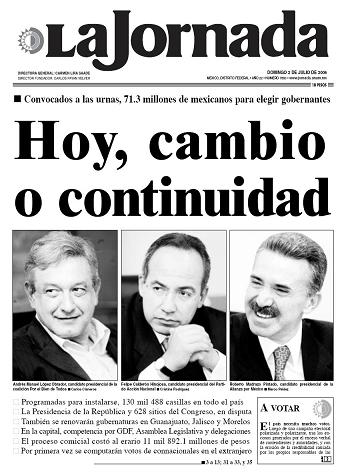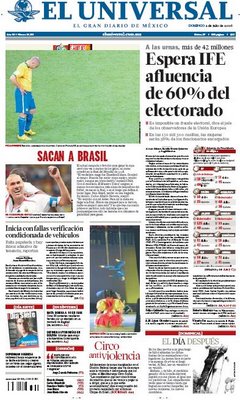Whew! I finished that conference paper (a full 3 weeks before the conference) and set a new personal record (3 days). I don’t think it’s horrible either. Since its directly related to a sliver of my book manuscript, it was not entirely a detour from the book, just a brief pit stop.
From the paper’s introduction:
This paper answers two rather modest questions relevant for these latter diffusion explanations: How do IOs influence domestic social policy? And, is there anything new about the ways IOs participate in the diffusion of policy? These are important questions, since a handful of recent studies suggest that IOs have not had a significant impact on social policy outcomes since the 1980s (Hunter and Brown 2000; Brooks 2005). These studies fail to find a statistical relationship between international aid or World Bank lending and social spending or pension privatization. In this paper, I contend that IOs do influence social policy, though not in ways likely to be measured by cross national comparisons of program lending and policy outcomes. International financial institutions may have used the blunt instrument of loan conditionality and one-size-fits-all structural adjustment recommendations during the debt crisis of the 1980s, but few would characterize the social policy approach of IOs during the 1990s as such. Seldom is IO influence on social policy a matter of a gross display of influence through loan conditionality or the imposition of simple policy models. Instead, the influence of IOs on social policy has been important but more nuanced than many characterizations would admit. Further, recent studies fail to address the second question posed above; they fail to ask what is new, if anything, about the ways IOs influence policy. I show that recent participation of IOs in policy formation shares both commonalities and differences with participation of IOs in the first half of the twentieth century. To illustrate the ways IOs influence social policy, both recently and historically, I compare social insurance policy formation in Mexico during the 1940s and 1990s. In neither case did IO participation decisively cause the policy outcomes, but in both cases IOs provided both important technical advice and established important international norms regarding policy that influenced the types of policies that were ultimately adopted.
And from the conclusion:
This paper demonstrates the ways in which IOs have sought to influence domestic social insurance policy in Mexico, though with mixed results, in two important periods of policy reform. Several general observations should be made regarding the Mexican experience. Efforts of IOs to influence domestic social policy are not a new feature of recent globalization; IOs have always sought to influence policy in Mexico. This is consistent with findings of comparative and historical studies (Deacon 1999; Orenstein 2003). Though the regularity of IO participation and the means of influence (technical assistance or loans) observed in Mexico are likely to be similar to experiences of other developing nations, this IO influence stands in marked contrast to the experience of most advanced industrialized democracies, where it is safer to assume that all welfare politics are domestic. This suggests that studies of welfare in the developing world should be careful to consider the influence of IOs when explaining policy outcomes, even if IO participation is not decisive in determining policy. If Mexico provides any finding worth generalizing, it is probably that the politics of social insurance are still predominantly domestic, despite efforts by IOs to influence policy outcomes. IOs may provide policy inputs, but whether those inputs are incorporated into policy will ultimately be constrained by the domestic political context.
Now, to decide what to do with the rest of the day (until election results start coming in) as a reward. This, perhaps? [No, Brian voted for this.]
Update: The movie was good, but be sure to see it somewhere with digital sound. The sound drug really bad in the new theatre where we saw it, which made the score sound off key during intense parts of the movie.





